
What are the 3 Primary Roles of a First Aider? [Ireland]
Being a qualified first aider is a big responsibility and one that is essential to any workplace setting. First aiders

Being a qualified first aider is a big responsibility and one that is essential to any workplace setting. First aiders

What is Face Fit Training and why is it important in Ireland? Face fit training is all about ensuring the

Lockout Tagout training is an important way to prevent hazardous energy and protect occupational safety and health. Lockout using an
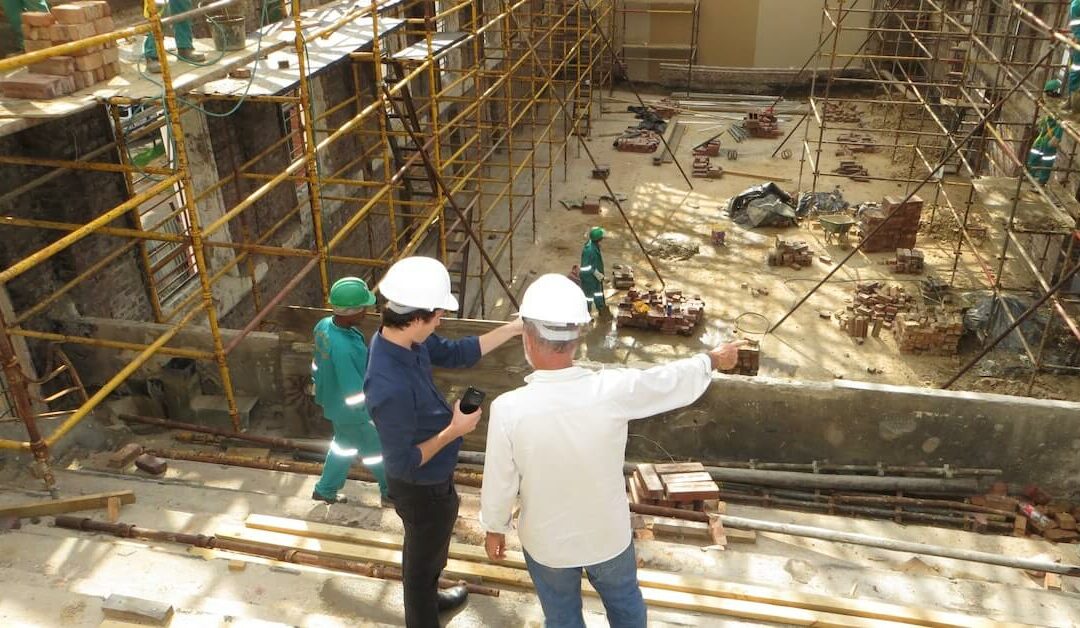
Anyone working in the construction industry will be aware of the role of a Project Supervisor for the Design Process
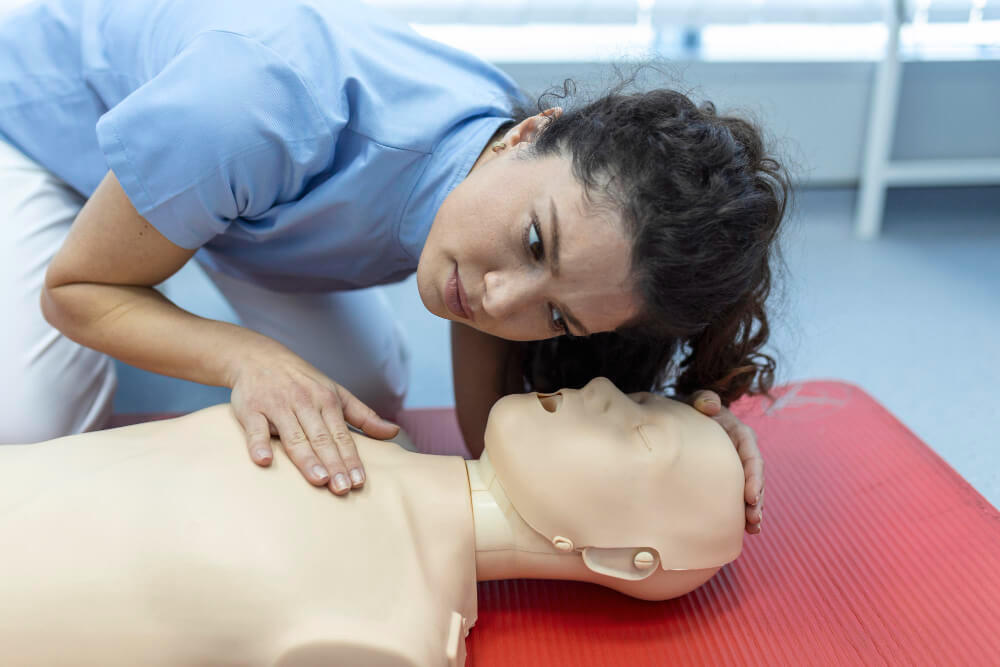
The ABC Rule in First Aid Training When completing first aid training, it can feel like there is a lot
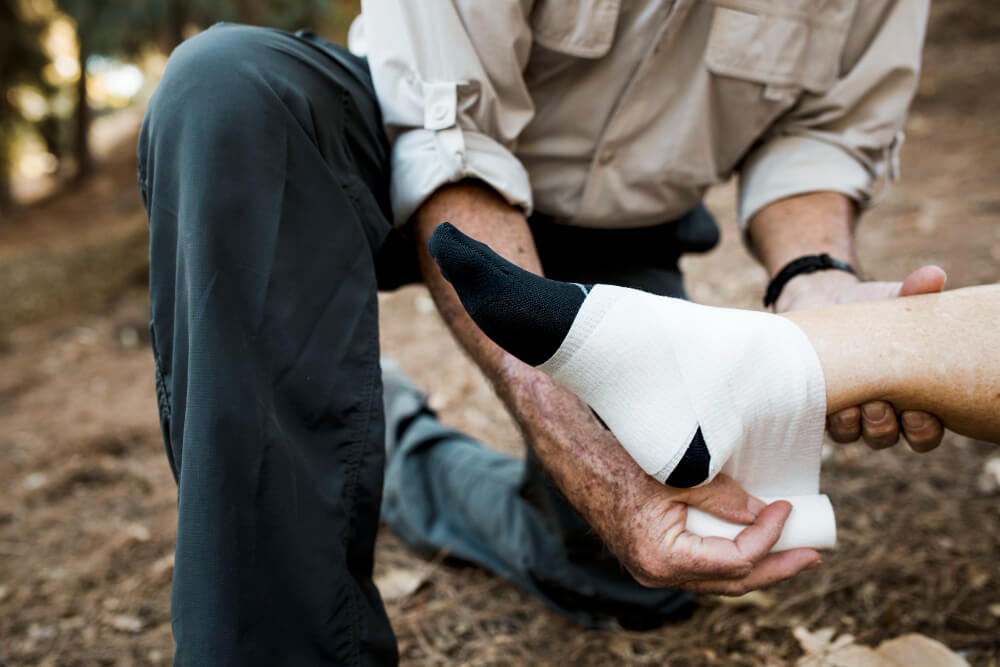
Five Common First Aid Injuries: Learn How to Deal With Them Every year people are injured or even killed through

In recent times, it has become common for many previously in-person events to be transferred online. Since the Covid-19 pandemic,

There are risks to be assessed and managed in any workplace, and the chances are you will have attended some
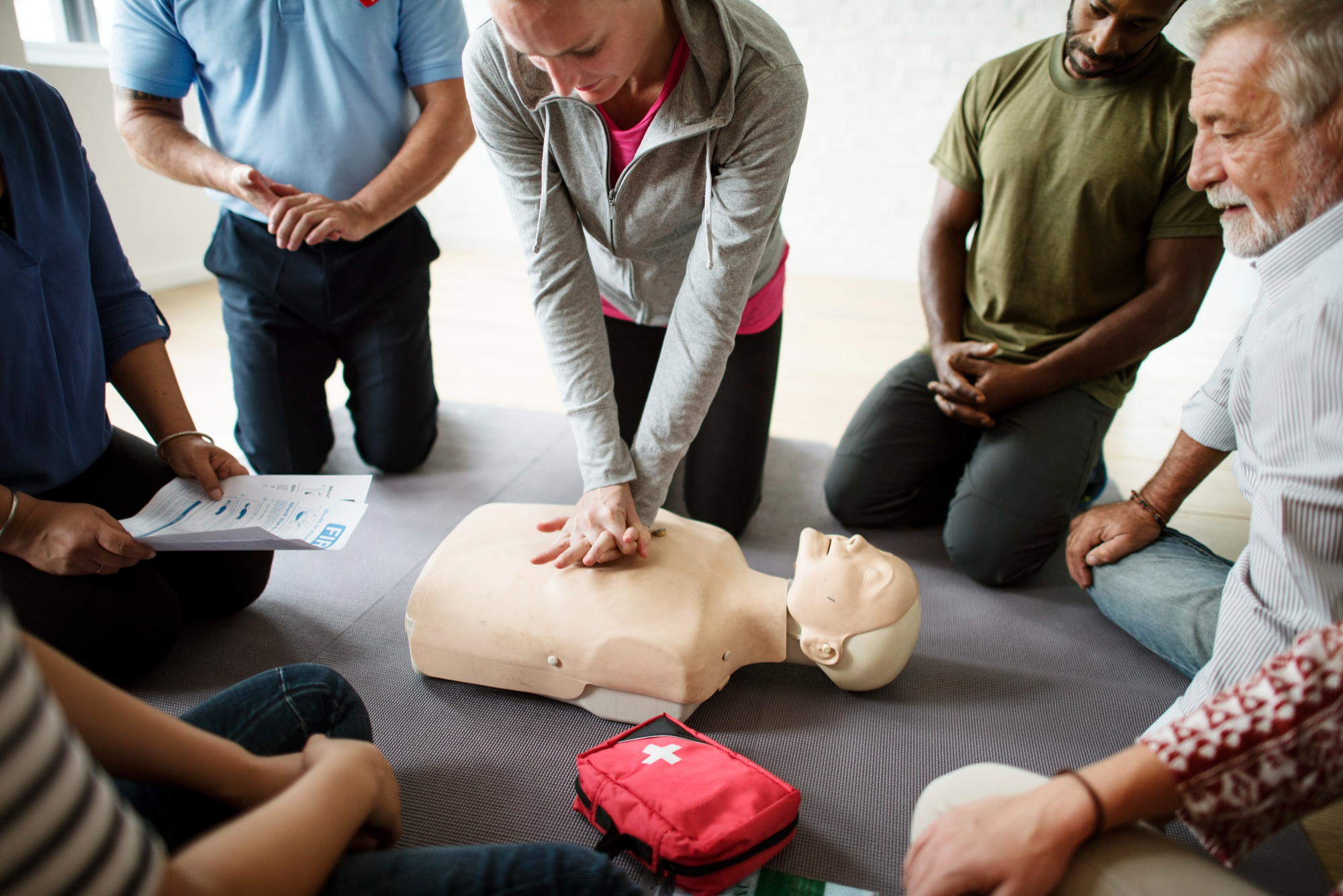
While first aid training can be seen as a mandatory box to be ticked, there are many benefits to learning
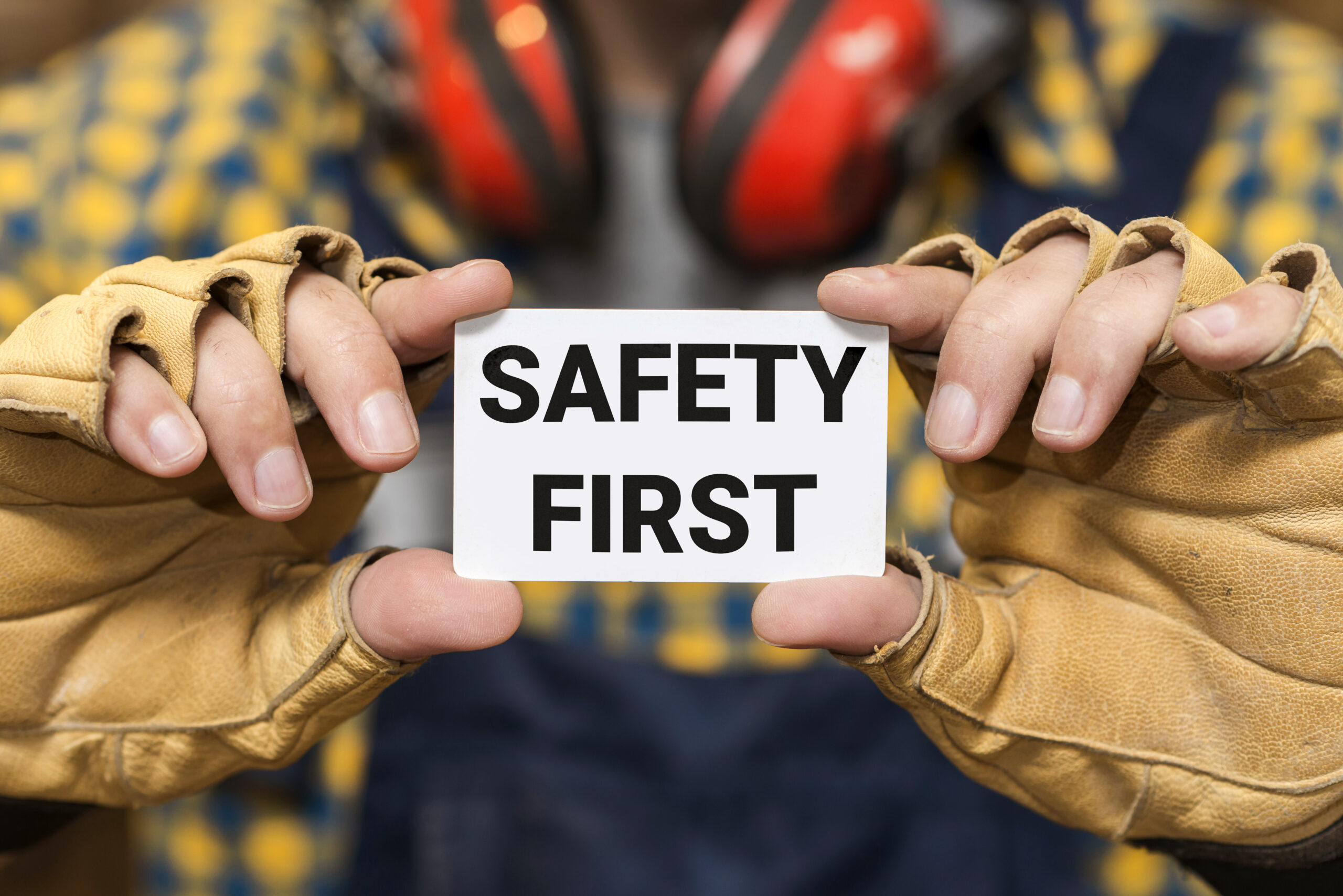
If you’re attending a workplace in Ireland, the chances are you will have needed to complete some health and safety
Sign up for our monthly newsletter for the latest news & articles
Copyright © 2024 ASM Group. All Rights Reserved | Website Design and Development by ePresence Digital Marketing